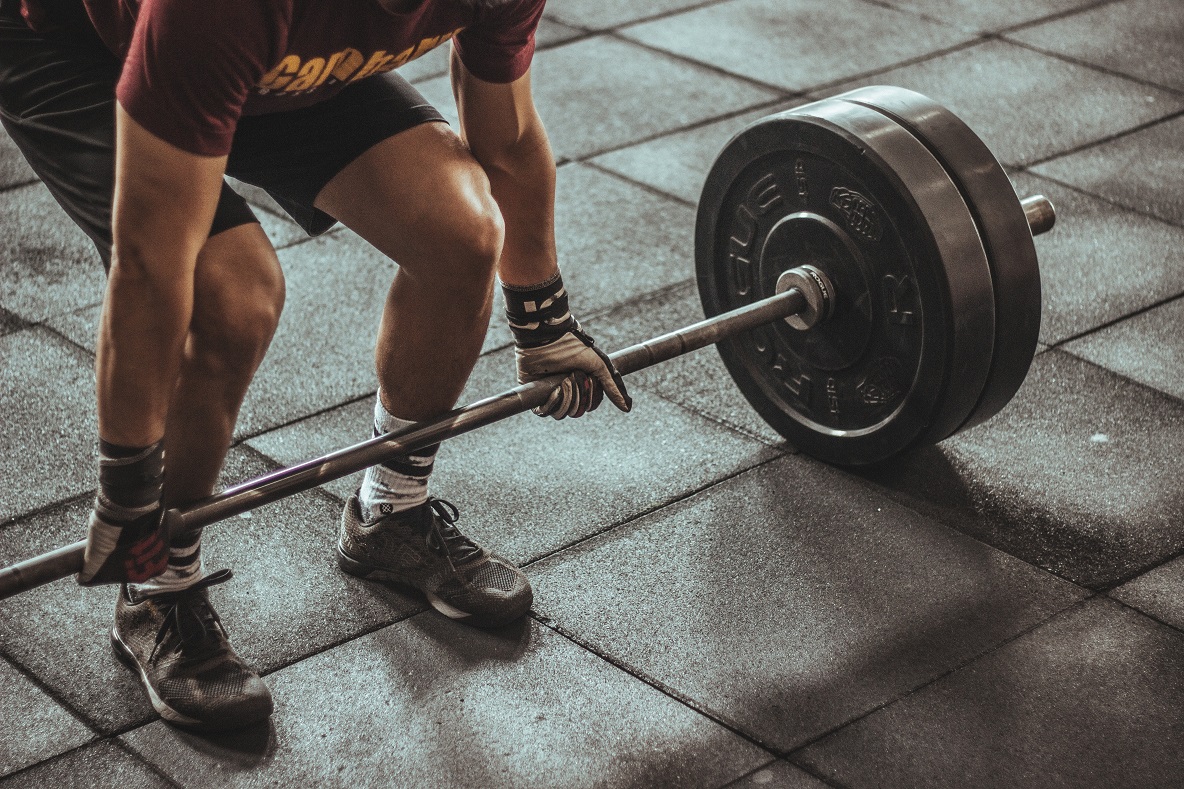Our UK call centre number is:
0808 1782 628
Or email us at:
info@livignoskiholidays.com
Send us a message
Click here to send us a message

Exercising consistently with your between now and the winter snows will make a huge difference to your performance on the slopes. Read the following guide on what you can do to prepare your body for the skiing this year.
Choosing the right fitness activity is essential to building up the appropriate level of fitness you need for an easier time on the ski slopes. Swimming regularly for example may improve your fitness in the pool, but it won’t provide specific strength and endurance required for skiing. The type of fitness activity you choose will depend on which type of skiing activity you will be pursuing. Which we’ll come to next.
During the off-season, experts recommend weight training and cycling uphill for downhill skiing while hiking and running are recommended activities if you want to build endurance for cross country skiing. Good cardiovascular fitness, strength and stamina will make a huge difference come ski season. Squats are great for strengthening the leg muscles as are lunges. Deadlifts too are great for building core as well as leg and upper body strength in one go. Hiking on mountainous terrain and (or) running can help build stamina and further strengthen leg muscles and prepare knees which can take a bit of a battering if you are new to skiing or still learning.
To get results, exercise must be done consistently. For this you need motivation and goals, without either it will be a struggle to achieve results. Rather than make the common mistake of going out on a hard run or cycle right and pushing yourself to exhaustion once or twice a week, it is better to build up the miles and effort gradually to allow your body to get used to exercising regularly and avoid injuries which would defeat the purpose.
Stretching is often neglected yet it should be an essential part of any exercise plan. It is easy to get injured doing physical sport and the vast majority of injuries will occur in muscles, ligaments and tendons that are unprepared for the demands placed on them. Stretching regularly after exercise when muscles are warmed up can improve mobility and lower the risk of injury on the ski slopes.
If exercise is painful and boring then there is a good chance you won’t keep it up and maintain consistency. Be sure to vary your exercise programme, set goals, find a training partner if possible and don’t overdo it. Allow time for your body to recover with plenty of rest in between.